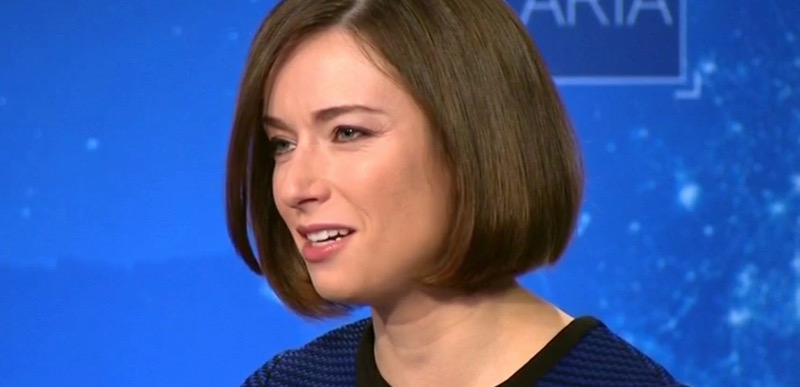
It’s everybody trying to deal with the dangers of Twitter and Facebook, but I do think that if we were in a Clinton presidency we would not be having those discussions. As for these social media policy guidelines that you see publications and newsrooms implementing - it’s tough, because it’s an evolving thing. Everybody gets their backs up and none of the important issues even get talked about, let alone solved. One is the larger question of civility, and yes, we should maintain that because the second you devolve into emotional, ad hominem stuff, the important stuff just doesn’t get across and everybody shuts down. You know, this idea that we should maintain a staid sense of decorum at all times. So, I was wondering, first, what do you think about that rhetoric of civility, and, second, whether you think it has a place on the left. It’s like this whole “when they go low, we go high” thing. The reason they gave was that the White House “does not distinguish” between Tweets from individual journalists and Tweets representing the official, institutional opinion of The New York Times. We also just saw The New York Times imposing new rules on its journalists about what they can and can’t Tweet. Obviously, you’ve had your own brushes with that. The first question is about civility in public discourse and especially in public discourse on the left. MV: I had a bunch of questions, but I’m going to change up the order because of what just happened. Our conversation is reproduced below, and has been edited and condensed for clarity. After this exciting turn of events, I sat down for a chat with panelist Julia Ioffe, staff writer at The Atlantic covering politics and world affairs. Later, a faculty member discovered a flyer on their office floor - evidently, the brave truth-tellers had slipped it under the door on their way out of the building.

Cursing under her breath, she stormed away, surprise accomplices in tow. When we failed to appreciate her explosive revelations, the heckler grew indignant. “What are you all planning on doing about it? Do you want World War III? Where do you live? Do you ever leave your ivory tower?” “It was an inside job,” the heckler assured us. It was then that we learned, to our collective amazement, that there had been no Russian hacking in the 2016 election. The heckler stood up, triumphantly brandishing some leaflets she had taken from her bag. They obliged, but to no avail: the interruptions continued. But halfway through the session, a woman in the back began heckling the panelists, shouting at them to speak up.

On October 23, the Jordan Center hosted a panel called “ Russia and the 2016 US Presidential Election: What Happened, What do we Know, and What are we Going to Find Out?” For the better part of two hours, panelists Timothy Frye (Columbia University), Seva Gunitsky (University of Toronto), Julia Ioffe ( The Atlantic), and Andrei Soldatov () discussed Russia’s role in the 2016 US Presidential campaign.Īt first, it was academic business as usual.


 0 kommentar(er)
0 kommentar(er)
